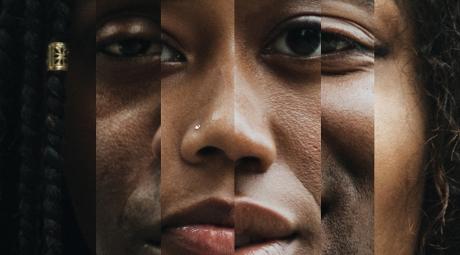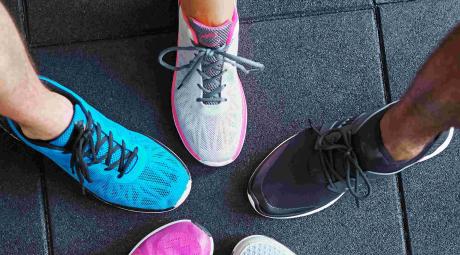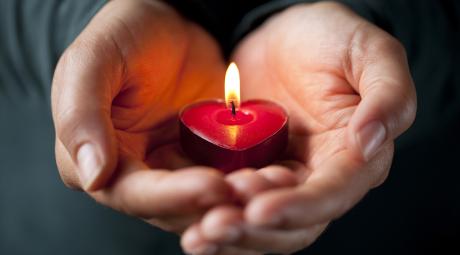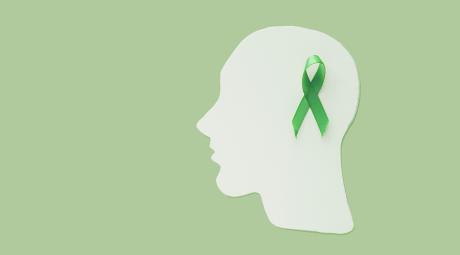New section
Well-being can be described in many ways, and it can mean different things to different individuals.
The following resources and articles from student service providers, faculty, staff, and current medical students encompass personal stories of resilience, resources for maintaining well-being, and programs, practices, and strategies that can be effective in building well-being over various dimensions, experiences, and life journeys.
New section
Share Your Voice
Contact us with any questions or submit an article to inspire peers, share resources, and/or highlight programs and practices to promote and foster well-being. Articles should focus on building resilience; thriving in medical school; mental health; and emotional, financial, physical, spiritual, or school/work wellness. Please provide a headshot and a 2-3-line author bio.
New section

Review articles about how others take steps to protect and improve their well-being in various situations.

Read about how others practice stress-management relaxation techniques and self-love to generate the emotions that lead to good feelings.

Learn about how you can manage your finances during medical school and plan for the future.
New section

Learn about what others do to improve the functioning of their body through healthy living and good exercise habits.

Read about how others manage their interests, values, and life purpose to gain happiness and enrichment in school and at work.

Read how peers expand their sense of purpose and meaning of life through well-being activities and practice.
New section

Learn about methods and strategies to develop relationships, participate in community activities, and rely on support networks to flourish in medical school.

View articles about navigating care for your mental health and resources to help you improve it.
